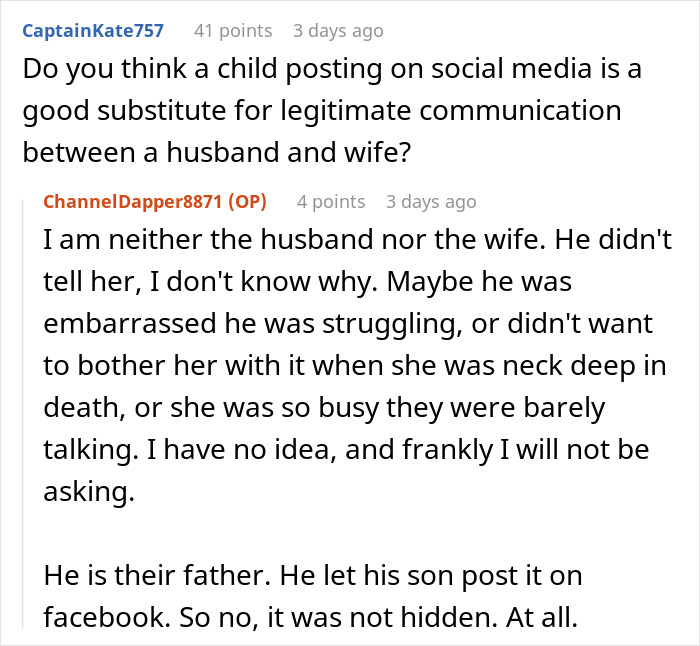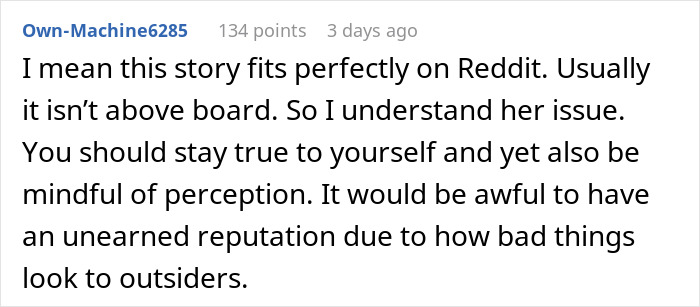Misunderstandings can twist even the purest intentions into something they were never meant to be, especially when the lines between our professional and personal lives become blurry.
That’s exactly what happened to a young woman who goes by ChannelDapper8871 on Reddit. She stepped in to help a struggling coworker after his wife had to leave the country. With three kids, a demanding job, and dinner proving to be his biggest hurdle, she offered to contribute to the family’s chore list.
But what she thought was a thoughtful gesture didn’t look the same to others who saw her in the pictures posted on her coworker’s son’s social media.
This woman wanted to help her coworker’s family with their chores

Image credits: unsplash (not the actual photo)
But it looked a little different in their photos on social media

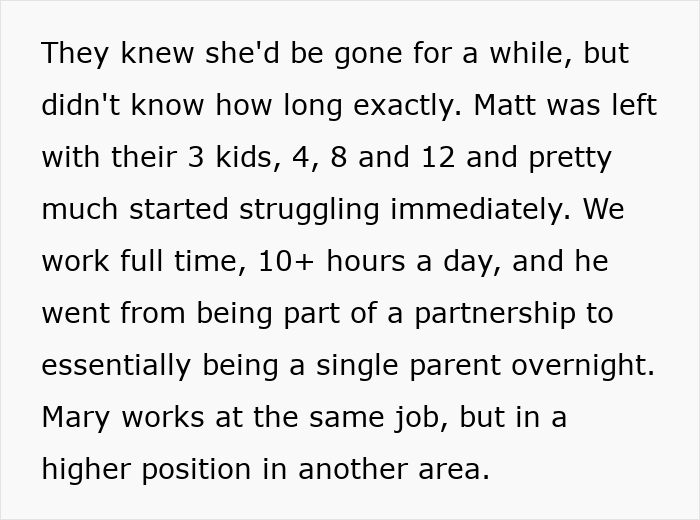



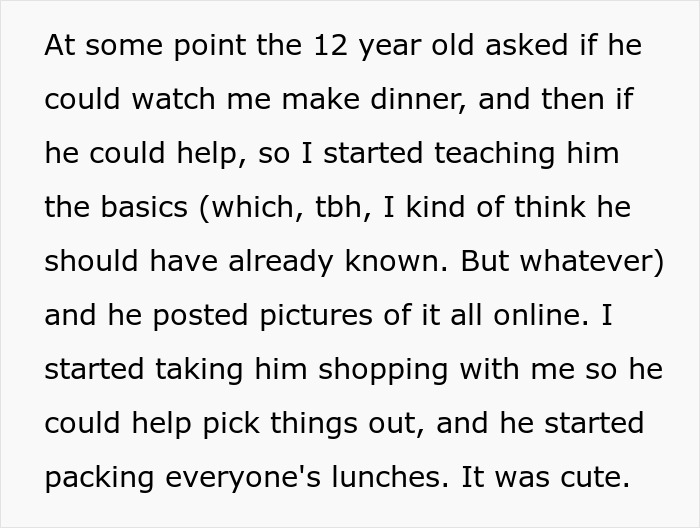


Image credits: freepik (not the actual photo)




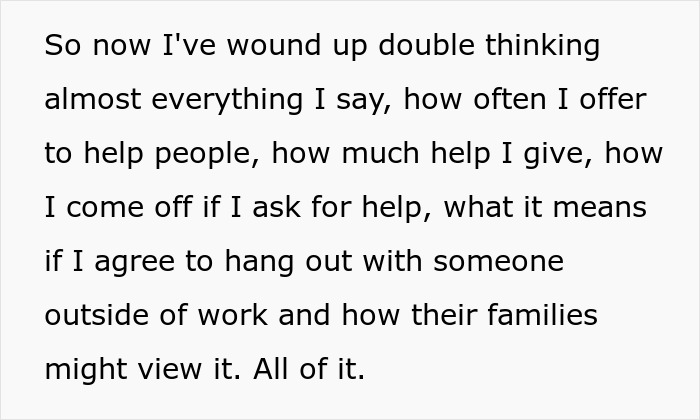

Image credits: ChannelDapper8871
People cheat on their partners with their coworkers surprisingly often
“Grief is a universal experience,” she notes, “and when we can connect, it is better.”
According to a Forbes Advisor-commissioned survey of 2,000 employed Americans, which was conducted by market research company OnePoll, it’s important for people to get along with their colleagues—57% of respondents said their workplace relationships have impacted their work performance.
However, half of all survey respondents said they had engaged in flirtatious behavior with their coworkers, while a whopping 40% have cheated on an existing partner with them (note: people’s definitions of what behavior constitutes “cheating” might differ).
So the wife’s suspicion wasn’t that unreasonable. Especially since her husband didn’t inform her about the help he was receiving, and she found out through social media.
We shouldn’t run away from grief
It’s hard to blame her for an emotional outburst, too.
“Grief is a universal experience,” says clinical psychologist Mary-Frances O’Connor, highlighting that we shouldn’t avoid our feelings during this challenging period.
O’Connor is an associate professor of psychology at the University of Arizona and author of The Grieving Brain: The Surprising Science of How We Learn from Love and Loss.
She says grieving is a form of learning — one that teaches us how to be in the world without the person we love. “The background is running all the time for people who are grieving, thinking about new habits and how they interact now.”
Adjusting to the new reality is dreadful.
“One of the things that we know is that grief is tied to all sorts of different brain functions we have, from being able to recall memories to taking the perspective of another person, to even things like regulating our heart rate and the experience of pain and suffering. So lots of different parts of the brain are orchestrating this experience that we have when we feel grief,” O’Connor explains.
Hopefully, the wife’s family will help her.
A lot of people who read the story shared their thoughts on what happened as well
